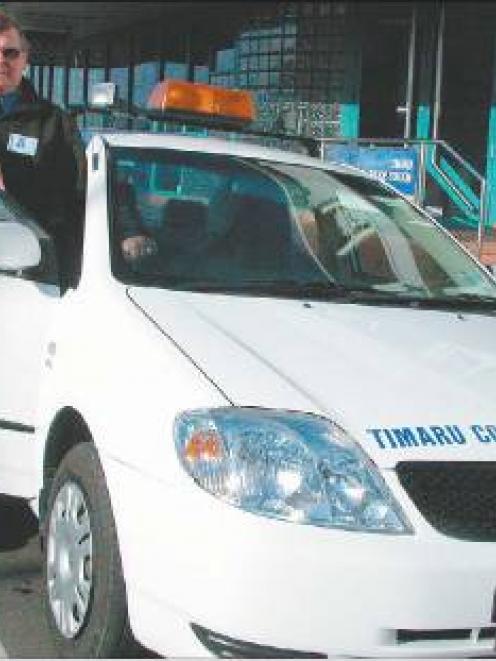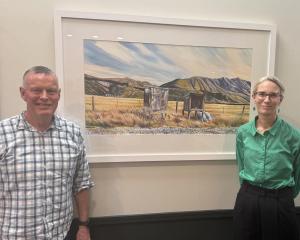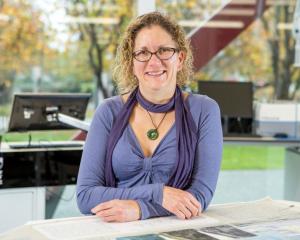
The transformation has been so stark that observers whose job it is to cruise the town and warn police of troublespots have wondered whether they were in a different city. Some patrols have even been cancelled because of lack of downtown activity.
Until the end of last year, downtown bars were able to trade until 5am. The late closing hours were identified by the police and the Timaru District Council as contributing to a violence problem among young people. This had resulted in grievous injuries inflicted on innocent people caught up in fights and damage to property in the wider urban area.
However, the curtailing of trading hours back to 3am by the counciladministered District Licensing Agency - the first district agency in New Zealand to do so - has been credited with restoring the downtown area to a generally safer zone.
Timaru Community Watch patrols on Friday and Saturday nights from 10pm until ‘‘whenever'' have been the eyes and ears of the police for almost 13 years. Two voluntary car crew use a Community
Watchmarked car to patrol the entire urban area staying in radio contact with Timaru police and the police communications centre in Christchurch.
President Nigel McBeath is ‘‘staggered'' at the difference the earlier bar closing has made.
‘‘This has absolutely changed the whole business district at night. It's been hugely dramatic.'' He said the change did not happen overnight, though.
‘‘It took about a month after the introduction of 3am closing for drinking patterns to change. Now people seem to be going downtown earlier and drinking earlier.
‘‘In the past all that used to happen down Stafford St between 3am and 5am were fights and trouble caused by intoxication.''
He acknowledged his organisation had no vested interest in forming a view about the effect of earlier closing, ‘‘we just report what we see''.
And what he and his car crews have seen after 3am are deserted streets, save the odd pedestrian and small groups of people now able to walk in safety, and peace in the heart of the city.
‘‘I would have no qualms about walking alone through Stafford St at three or four in the morning now,'' Mr McBeath said.
But Timaru was finding it hard to shake off the lingering image of being an unsafe town, he said.
‘‘There is an opinion around here and also out of town of, ‘oh, I wouldn't walk the streets of Timaru'.''
‘‘But I would have no fears at all now.''
Senior Constable Stephen Wills, community liaison officer for Timaru police, said the change to the drinking culture downtown since closing hours were shortened to 3am was stark.
‘‘We are not getting the same types of offences being committed and there are now fewer being committed as a result of the earlier closing.''
Snr Const Wills said police had also noticed a greatly diminished ‘‘trail of destruction'' out of the CBD as bar patrons ambled home.
‘‘We still have paths of destruction around the town but we are finding near the city area that it is nowhere near as bad as what it used to be when 5am closing was in force.''
Mr McBeath's comments were welcomed by Timaru Mayor Janie Annear.
‘‘It just shows what we can do as community when everyone works together - the police, community groups and the councils,'' Mrs Annear said.
She said Timaru led the country in reducing bar hours and the district was the focus of other regions, including Auckland and Invercargill.
‘‘I have been approached by a lot of mayors from around New Zealand asking about the success of the Timaru initiative because they are looking at doing exactly the same thing, and I am really proud of the fact that we are the first to do it.''
The behaviour shift came as no surprise to council regulatory services manager Peter Thompson, the secretary of the district licensing agency and the person charged with the operation of the agency on behalf of the council.
‘‘There was always a sort of trail home that caused an issue where intoxicated walkers heading home had damaged property on the way. Vandalism was once quite pronounced in Church St,'' Mr Thompson said.
‘‘Timaru's a safer place and that's great from a council's point of view, and if people are still enjoying themselves that's even better,'' Mr Thompson said.












